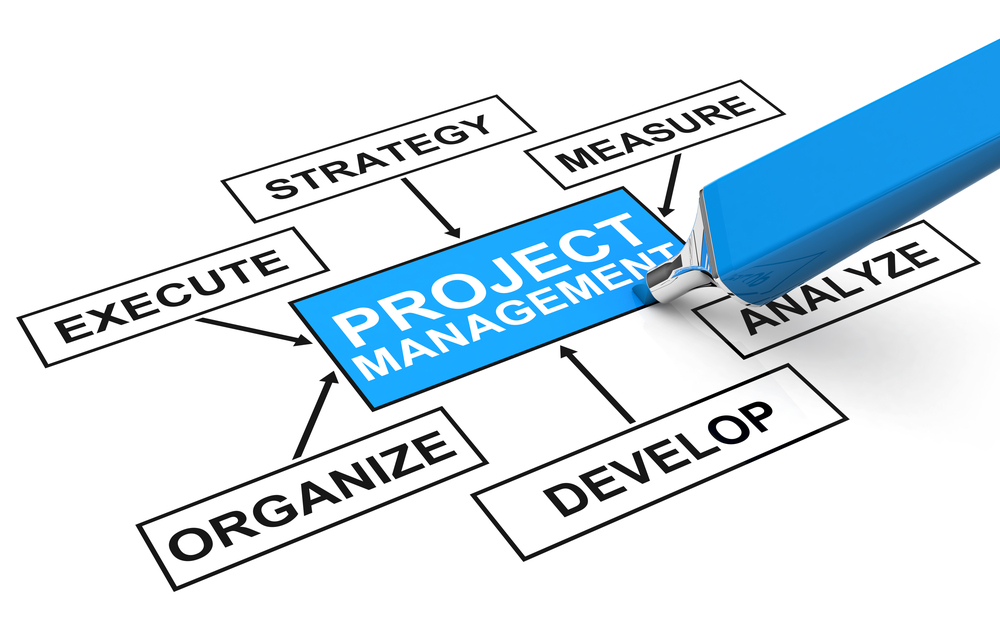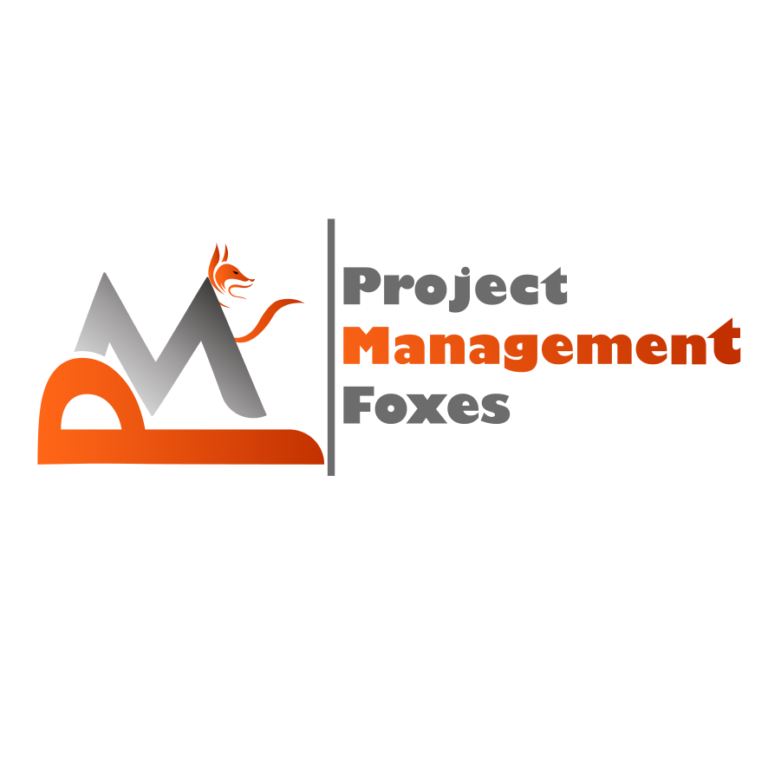Course Details
PMP – Project Management Professional (Exam Preparation Course)

This course is intended for people who have hands on Project Management understanding, who are not affirmed Project Management experts, and who may or probably won’t have gotten formal Project Management certified training. The course is proper for these people on the off chance that they wish to grow expertly, increment their venture the board abilities, apply a formalized and models based way to deal with venture the executives, and look for professional success by moving into a conventional undertaking chief occupation job, just as to apply for Project Management Institute, Inc. (PMI) Project Management Professional (PMP)® credential.
Project Management Foxes offers PMP training courses that are driven by Approved Instructor from PMI who have long stretches of understanding and bestow preparing utilizing contextual analyses gathered from their own genuine industry introduction.
Learning Objective
- Apply PMI® recognized project management tools and techniques
- Align with PMI® methodologies and definitions
- Demonstrate project management skills at a professional level
- Effectively manage Project constraints (Time, Cost, Quality , Resources, etc.) with respect to project performance
- Acquire the essential skills necessary for project managers
- Evaluate the importance of effective management of the project life cycle
- Apply methods, tools and techniques for planning, monitoring and controlling projects and for managing project risks
- Demonstrate the core project management competencies
- Satisfy the 36 hour formal project management training requirement for PMI®’s PMP® professional certification.
Pre – Requisites
- A four-year degree
- 36 months leading projects
- 35 hours of project management education/training or CAPM® Certification
— OR —
- A high school diploma or an associate’s degree (or global equivalent)
- 60 months leading projects
- 35 hours of project management education/training or CAPM® Certification
Course Contents
The success of your project depends on the people involved. A key role of a project manager is to assemble and manage the project team and any additional stakeholders.
Topic A: Build A Team
Topic B: Define Team Ground Rules
Topic C: Negotiate Project Agreements
Topic D: Empower Team Members And Stakeholders
Topic E: Train Team Members And Stakeholders
Topic F: Engage And Support Virtual Teams
Topic G: Build Shared Understanding About A Project
Now that you’ve assembled a high-performing, engaged, and empowered project team, you are ready to get started with the planning of the project. Planning includes all aspects of a project including budget, schedule, scope, quality, project activities, procurement, and closure.
Topic A: Determine Appropriate Project Methodology/Methods And Practices
Topic B: Plan And Manage Scope
Topic C: Plan And Manage Budget And Resources
Topic D: Plan And Manage Schedule
Topic E: Plan And Manage Quality Of Products And Deliverables
Topic F: Integrate Project Planning Activities
Topic G: Plan And Manage Procurement
Topic H: Establish Project Governance Structure
Topic I: Plan And Manage Project/Phase Closure
Now that you have a project plan and have determined the requirements for managing the project from initiation to closure, you are ready to execute the project.
Topic A: Assess And Manage Risks
Topic B: Execute Project To Deliver Business Value
Topic C: Manage Communications
Topic D: Engage Stakeholders
Topic E: Create Project Artifacts
Topic F: Manage Project Changes
Topic G: Manage Project Issues
Topic H: Ensure Knowledge Transfer For Project Continuity
Now that the project team has been assembled and is doing the work of the project, you need to ensure that the team stays on track. As the project manager, you need to demonstrate the type of leadership that facilitates collaboration among the team and stakeholders, manages conflict, removes obstacles, and supports the team’s performance.
Topic A: Lead A Team
Topic B: Support Team Performance
Topic C: Address And Remove Impediments, Obstacles, And Blockers
Topic D: Manage Conflict
Topic E: Collaborate With Stakeholders
Topic F: Mentor Relevant Stakeholders
Topic G: Apply Emotional Intelligence To Promote Team Performance
Keeping a handle on the changes in both the internal and external business environments is the project manager’s responsibility. Employing a continuous process improvement plan will ensure that the project’s success can be consistently repeated within your organization.
Topic A: Manage Compliance Requirements
Topic B: Evaluate And Deliver Project Benefits And Value
Topic C: Evaluate And Address Internal And External Business Environment Changes
Topic D: Support Organizational Change
Topic E: Employ Continuous Process Improvement
Attendees will get a training certificate after the completion of the course to satisfy the no of training hours needed in the eligibility requirements
